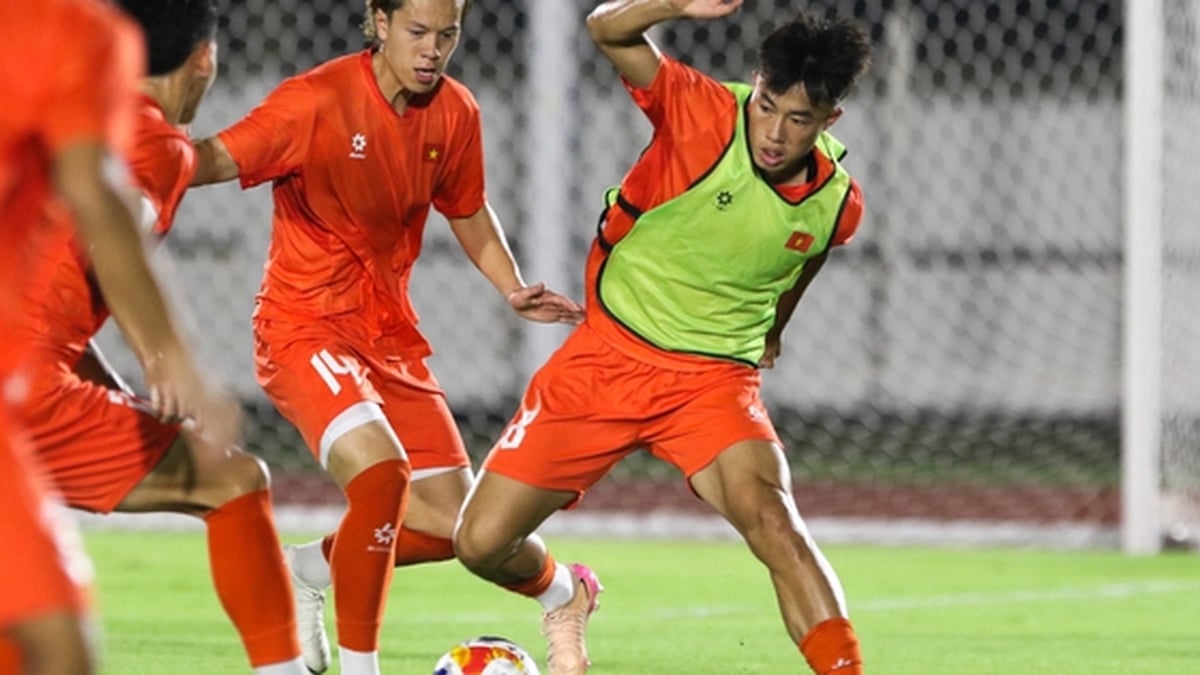
Peter Pan is a character from a famous fairy tale with the characteristic that he never grows up - Illustration photo
What is Peter Pan syndrome?
According to information from the Vietnam Institute of Applied Medicine, Peter Pan syndrome refers to adults who, although physically mature, still mentally cling to the carefree days of youth and find emotional and financial responsibilities a major challenge.
Peter Pan Syndrome, the current name for this type of behavior, first appeared in Dr. Dan Kiley's 1983 book, "Peter Pan Syndrome: Men Who Never Grow Up."
Although it is not a recognized mental health condition, many experts agree that this type of behavior can affect a person's relationships and quality of life.
Because Peter Pan syndrome is not a clinical diagnosis, experts have not yet identified any official symptoms.
However, experts have some consensus about the behaviors of this syndrome through relationships, at work and in a person's personal attitudes.
Signs in a relationship
If someone has Peter Pan syndrome, you may notice that they have trouble being alone. Their dirty dishes piling up in the sink, avoiding doing laundry until they have nothing clean to wear are the most obvious signs.
They may allow you to plan and make major decisions for their lives; neglecting household chores and childcare responsibilities.
They prefer to "live for today" and have little interest in long-term planning. Show signs of emotional unavailability, such as not wanting to get married or clearly define relationships.
A Peter Pan is often immature in love, especially in love between men and women. They tend to be interested in a short-term relationship and when possible, they always avoid commitments and responsibilities such as meeting the family or getting married. Because they think love is only a temporary support.
In addition, they often will not accept that the end of a relationship is their fault, but always find ways to "put down" others, talk badly behind their backs no matter what the reason is.

A Peter Pan is often immature in love, especially in love between men and women - Illustration photo
Work related signs
People with Peter Pan syndrome also tend to struggle with work and career goals. Those who fail to grow up will lack direction and have a superficial attitude towards work.
They always have enough legitimate reasons to be sluggish, absent and irresponsible. They often tend to work spontaneously and do not care about the collective, easily creating discord among colleagues and conflicts with superiors.
Frequently leave jobs when they feel bored, challenged, or stressed. Only work part-time and are not interested in pursuing advancement opportunities.
Move from one field to another without spending time developing skills in any particular area.
Attitude, mood and other behavioral signs
People with Peter Pan syndrome often show signs of helplessness. They have negative reactions to stress both emotionally and behaviorally. When faced with difficult problems, they often find ways to avoid reality and distract from stress.
They use games, alcohol, gatherings, etc. for long periods of time to forget the present without focusing on finding the cause and solution to the problem.
Their emotional reactions such as complaining, being competitive, being irritable, and blaming their fate partly show us their helplessness and passivity when they cannot solve the problem themselves. They tend to make excuses and blame others when things do not go as planned.
Peter Pan Syndrome is not recognized as a mental illness, but it does have a significant impact on individuals and society. Although it is more common in men, it does not mean that women do not suffer from it.
To completely treat this syndrome, the most important thing is that Peter Pan must be aware of his problem and seek the advice of psychological experts to discover the real cause behind it and orient himself to change.
Source: https://tuoitre.vn/nhung-chang-trai-peter-pan-mai-khong-chiu-lon-it-muon-rang-buoc-trong-tinh-yeu-20250329114944602.htm




































































































Comment (0)